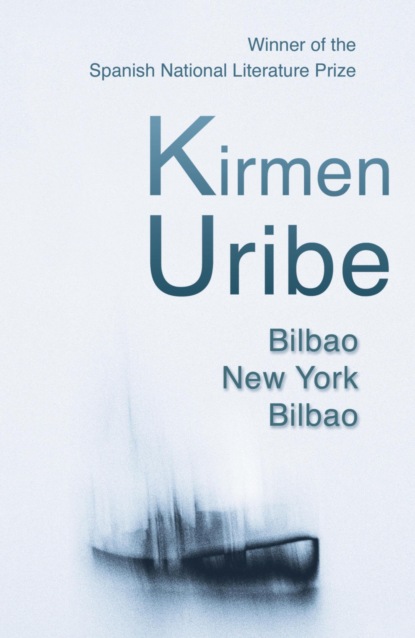Maht 180 lehekülge
Bilbao-New York-Bilbao
Raamatust
The day he knew he was going to die, Liborio Uribe took his young daughter in law to the Museum of Fine Arts to show her a picture. Liborio had spent his entire life at sea, like his son José, living out unforgettable adventures which would later fade into obscurity. Years after, faced by the same painting, Liborio's grandson Kirmen, a writer and poet, uses these family stories to write a novel. Bilbao–New York–Bilbao takes place during a flight to New York and tells the story of journeys by three generations of the same family. The key to the book is Liborio's fishing boat, the Dos Amigos: who are these two friends, and what is the nature of their friendship? Through letters, diaries, emails, poems and dictionaries, Kirmen creates a mosaic of memories and stories that combine to form a homage to a world that has almost disappeared, as well as a hymn to the continuity of life. It is also a reflection on the art of writing, and lies between life and fiction. «Uribe has succeeded in realizing what is surely an ambition for many writers: a book that combines family, romances and literature, anchored deeply in a spoken culture but also in bookishness – and all without a single note of self-congratulation.» – TLS «The novel is set in an absolutely modern territory, the usual place of key writers of our time such as Emmanuel Carrere, WG Sebald, Orhan Pamuk and JM Coetzee.» – Sudouest «This book is as beautiful as a memory.» – Le Figaró «Uribe's literary proposal is entirely fresh and innovative. A novel of our time. This writer who comes from a 'small country' begins his journey through the field of universal literature, searching for transnational communication.» – Mainichi Shimbun «A splendid novel, which the reader acknowledges like a hug.» – El País «Beautiful. It has the rare quality of attending to tradition without sounding like folk, and being modern without rejecting those that were so before.» – ABC «This ingenious and original historiographical novel tells the story of its own writing, as Uribe explores the history of his family and the Basque Country fishing community of which they have long been a part. Framed by the author's plane journey to the States, the web of digressions is mapped by ever-lengthening and constantly entwining cultural tendrils as the family diffuses around the world, led off by his father's trawler. The intersection between truth and storytelling is a particularly potent theme, contrasting the prosaic and the poetic, the pragmatic and the romantic. It's a view from the inside of the novel, looking out upon the reader in consideration of what might prove engaging, a metafictional conceit made engaging by the genial candour of Uribe, or at least his novelistic avatar, as he explores the process of researching and honing his book. Huge credit must go to Wales-based indie Seren Books for bringing this book to English-language readers; it's extraordinary that this winner of Spain's prestigious Premio Nacional de Literatura wasn't picked up by a major publisher.» – Jonathan Ruppin, Foyles Best Fiction: 2014
